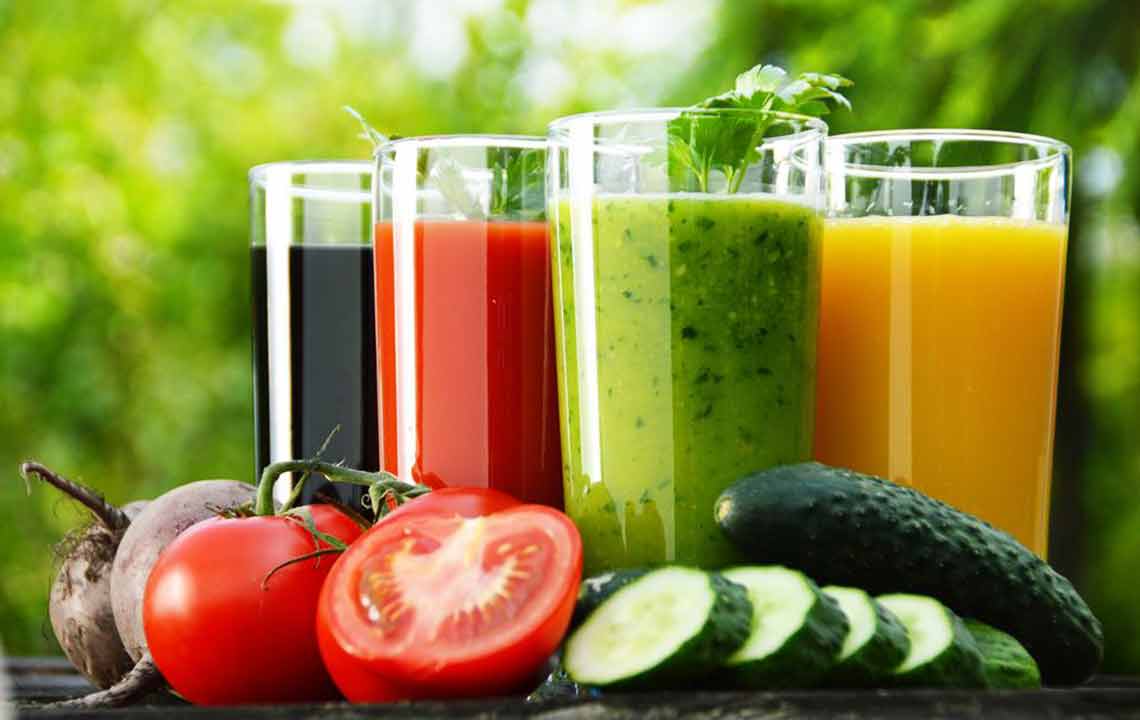Top 5 Dietary Strategies for Managing IBS Symptoms
Discover effective dietary strategies to manage IBS symptoms, including fiber adjustments, gluten-free plans, and elimination diets. Tailored approaches with medical guidance can help reduce discomfort and improve digestion. Incorporate hydration, exercise, and lifestyle changes for optimal results.

Top 5 Dietary Approaches to Ease IBS
Irritable bowel syndrome (IBS) affects bowel habits, leading to diarrhea or constipation, along with cramping and abdominal discomfort that interfere with daily routines.
Understanding IBS Causes
While exact causes remain unclear, a combination of factors may contribute, including:
Disrupted communication signals between brain and gut (nerves).
Irregular contractions in the colon.
Elevated pain sensitivity.
Overgrowth of bacteria in the intestines.
Genetics and family history.
Food intolerances and allergies.
Psychological stressors.
Dietary habits, such as skipping meals, low hydration, and excessive caffeine, alcohol, or fatty foods, can impair bowel function. Besides diet, stress and hormonal fluctuations can also influence symptoms, often triggering flare-ups.
Research indicates that digestion processes are similar in those with or without IBS. The condition mainly involves heightened nerve and muscle responses, making the bowel overly reactive to normal stimuli. Eating triggers hormone release that can exacerbate symptoms regardless of food type.
Foods to Limiter
High-fat items
Some dairy products
Alcohol and caffeinated drinks
Artificial sweeteners
Gas-producing foods like beans and cabbage
Managing IBS may involve specific dietary plans to ease symptoms and prevent flare-ups.
High-Fiber DietFiber adds bulk for easier bowel movements. Adults should aim for 20-35 grams daily, coming from fruits, vegetables, and whole grains. If bloating occurs, switch to soluble fibers like oats, apples, or carrots.
Low-Fiber DietFor some, reducing fiber, especially insoluble fiber from nuts and whole grains, helps reduce gas and diarrhea. Soluble fibers are gentler on the gut. Taking anti-diarrhea medications before fiber intake may also help, but should only be temporary.
Gluten-Free DietEliminating gluten, found in bread and pasta, can alleviate symptoms for those sensitive or intolerant. Gluten-free alternatives are widely available.
Elimination DietTemporarily removing foods like caffeine, chocolate, and nuts helps identify triggers. Keep a food diary over 12 weeks to monitor improvements and guide dietary adjustments.
Low-Fat DietReducing fat intake from fried and fatty meats benefits overall health and may alleviate constipation, especially in mixed IBS. Focus on lean proteins, fruits, vegetables, and low-fat dairy.
Customized Diet ApproachSince IBS varies among individuals, consulting a healthcare professional is crucial to tailor a suitable dietary plan. Monitoring your body's responses and adjusting accordingly can lead to better symptom control.
Incorporate adequate hydration, regular exercise, and reduction of caffeine and alcohol to help manage IBS. Always seek medical advice before making significant dietary changes.










